Keywords: Giving
There are more than 200 results, only the first 200 are displayed here.
-
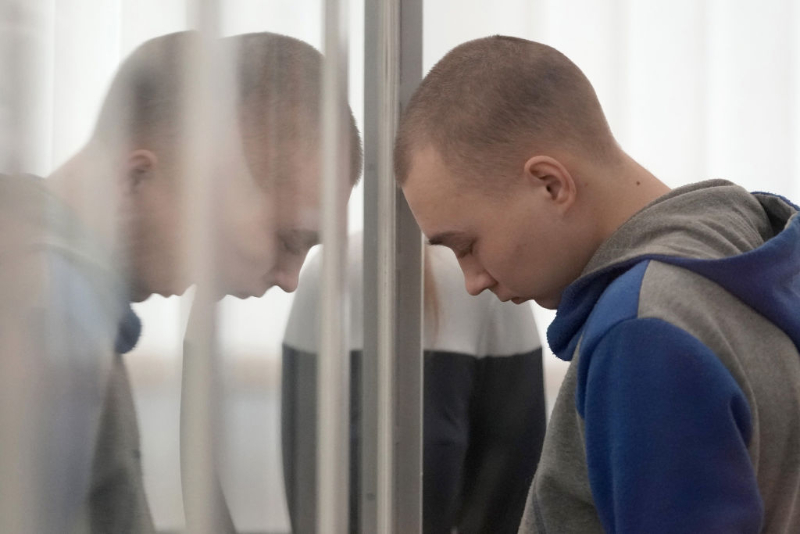
INTERNATIONAL
- Gillian Bouras
- 26 May 2022
14 Comments
In the photo I have just seen Vadim Shishimarin is in the dock, hanging his head. He is 21, but looks about 15 as he stands there in the polycarbonate box, the first Russian soldier to be charged and tried in Ukraine for a war crime. He holds the rank of sergeant and was a tank commander. At 21? (I’m embarrassed to recall how immature I was at 21.) It is likely he has a mother: I wonder how she is feeling right now, but think I can make a good guess.
READ MORE 
-
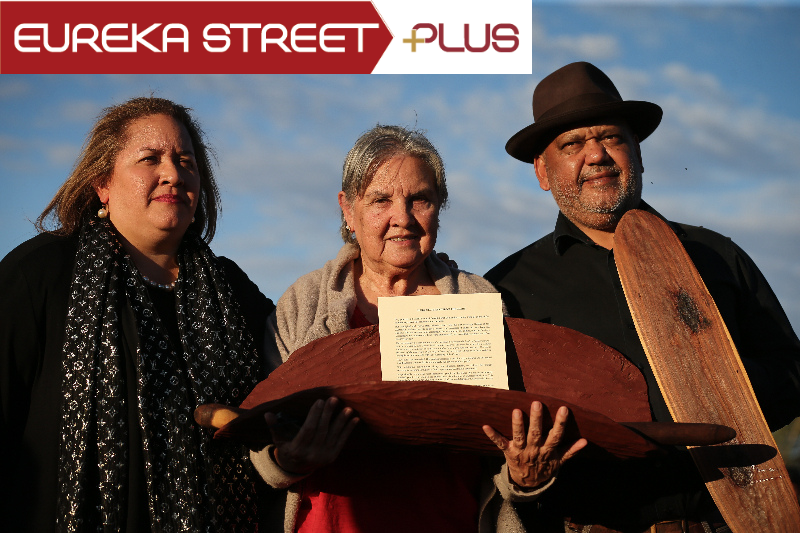
AUSTRALIA
- Frank Brennan
- 06 May 2022
5 Comments
Whoever is Prime Minister after the election on May 21, he will need to address the question of Indigenous recognition in the Australian Constitution. This is the sixth election in a row when the question has been a live, unresolved issue during the election campaign. The patience of Indigenous leaders is understandably wearing thin. Trust is waning. There is still no clear path ahead. So where to from here?
READ MORE 
-
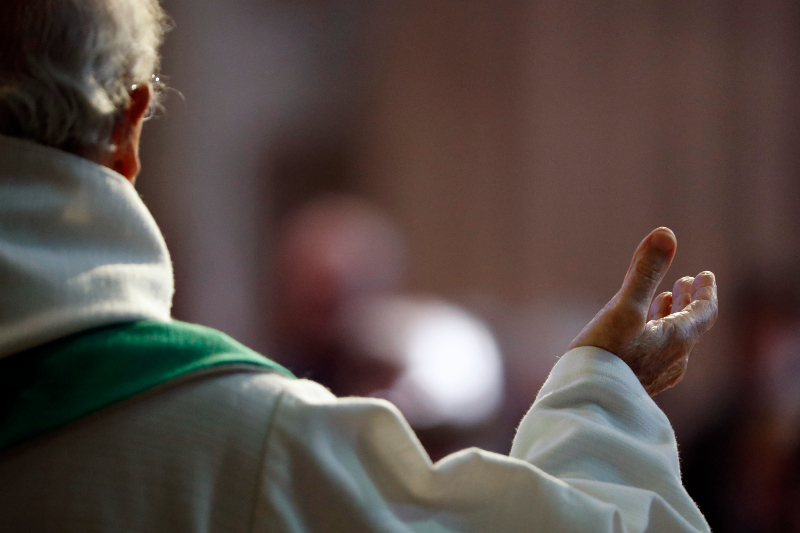
RELIGION
- Andrew Hamilton
- 03 May 2022
9 Comments
We should not underestimate the difficulty that people who represent independent branches of the same organization face when drawing up an agreed statement on contentious issues. Even the widely applauded Uluru Statement from the Heart did not secure the support of all Indigenous groups. If the Bishops Statement was to be effective it had to be supported, or at least tolerated, by all members of the Conference, despite their differing views about political and church issues and the priority that should be given to them in advocacy.
READ MORE 
-
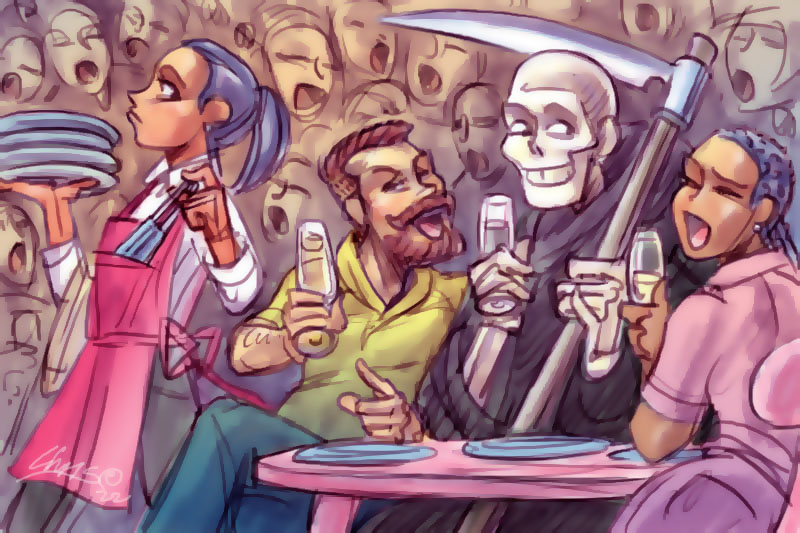
AUSTRALIA
- Angela Costi
- 26 April 2022
1 Comment
We are told by the government and associated authorities that these are times of ‘personal responsibility’. This is undoubtedly a major transition from the heavy regulated existence not that long ago when the collective good outweighed individualism. Juxtaposed with this ‘forging forth’ expectation is the significant, if not alarming, increase in infection rates.
READ MORE 
-
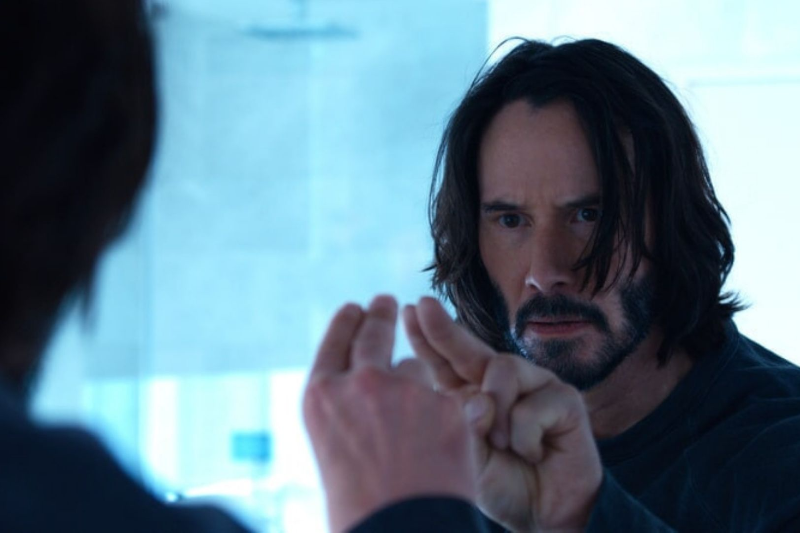
ARTS AND CULTURE
- Natasha Moore
- 14 April 2022
4 Comments
Is resurrection the ‘theme’ of 2022? Politicians want to resurrect the fortunes of CBD cafes, film studios are resurrecting old movie franchises, and we’re all doing our best to revive flagging spirits after two years (at least?) of bad news. And here we are at Easter weekend, the resurrection story: Jesus crucified and buried on Good Friday, raised from the dead come Easter Sunday.
READ MORE 
-

AUSTRALIA
- Andrew Hamilton
- 07 April 2022
6 Comments
Palm Sunday alternates between March and April. When, as this year, it is celebrated in April it keeps company with a number of days that provoke us to ask what and who matter, what and whom can you trust. If it is a cruel month, it is so because it tests, even mocks, our comfortable assumptions. In a year overshadowed by manifestations of climate change, of persistence of Covid and of the horrors of war, it is not a bad month to endure an election.
READ MORE 
-

RELIGION
- Andrew Hamilton
- 24 March 2022
10 Comments
Any program of church reform will have soon to ask Chernyshevsky’s question, What is to be done? It is a dangerous question — he wrote his novel from jail and spent much of his life in exile or imprisonment. Discussion of Church matters is mercifully less perilous today, but the question does invite a radical repiecing of the connections and tradition and energies that constitute Catholic life.
READ MORE 
-
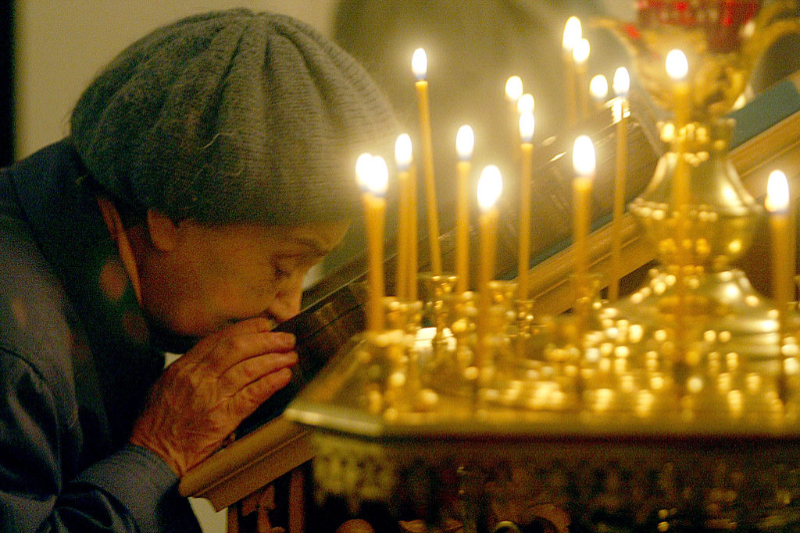
INTERNATIONAL
- Andrew Hamilton
- 17 March 2022
12 Comments
Taken together the events of recent years suggest that we face a crisis, a time in which the working assumptions that have guided our personal and collective lives no longer hold. If we do not change we face increasing threats to the world that we shall hand on to our children.
READ MORE 
-
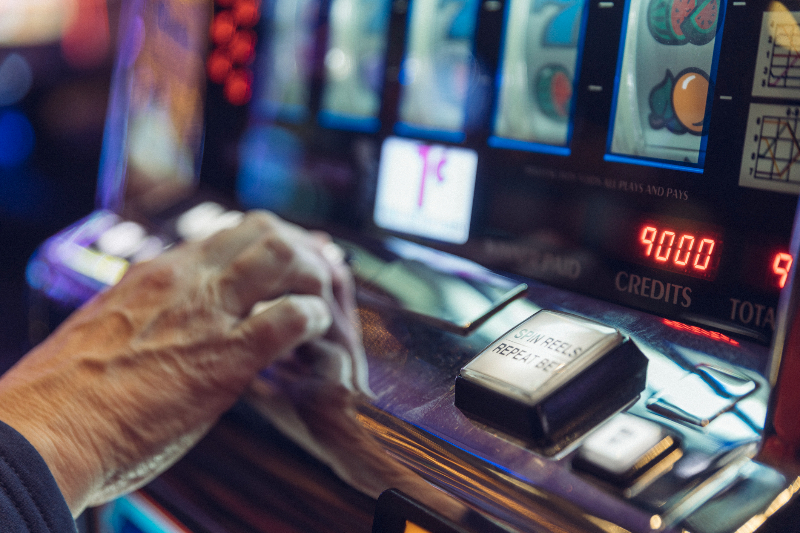
AUSTRALIA
- Frank Hurley
- 24 February 2022
1 Comment
Gambling is now a core national industry providing significant employment, profit for private providers and revenue for governments. All good but, as with every form of industry, there are ‘externalities’. In the case of the gambling industry, it is the personal and social costs of ‘problem’ or ‘addicted’ gamblers that must be taken into account.
READ MORE 
-
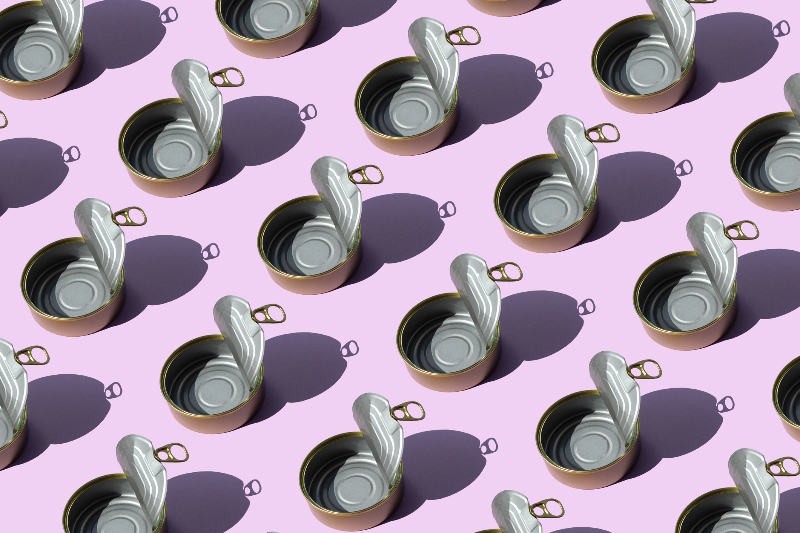
ARTS AND CULTURE
- Andrew Hamilton
- 10 February 2022
16 Comments
My ambivalence about philosophy came from my placing a high value on reason and its desire to test its own limits, but simultaneously being inherently suspicious of reasons. They are the stuff out of which the tin-soldiers of isms are created and so often used to patrol the fence that separates acceptable from unacceptable thought.
READ MORE 
-
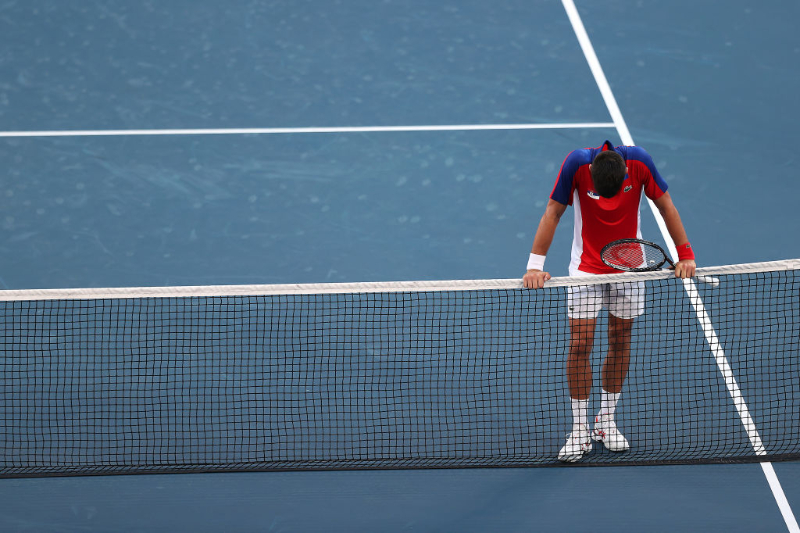
AUSTRALIA
- Binoy Kampmark
- 08 February 2022
12 Comments
It should be troubling for anyone, religious, secular or agnostic, to be told that a human being wields anything approximating to ‘God like’ powers. That very suggestion implies a power unreviewable, unaccountable and at odds with the earthly rule of law.
READ MORE 
-
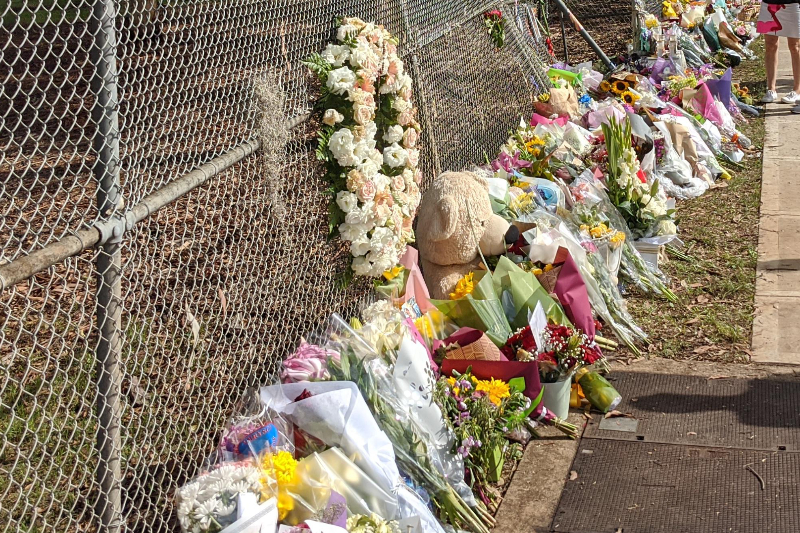
RELIGION
- Simon Smart
- 04 February 2022
10 Comments
How are your New Year’s resolutions going? One that probably didn’t make the list was: forgive more. But maybe it should have. I recently met a couple, Danny and Leila Abdallah, who have a compelling story to illustrate that, while challenging, forgiveness offers unexpected rewards. I interviewed them for a podcast and can’t stop thinking about them.
READ MORE 